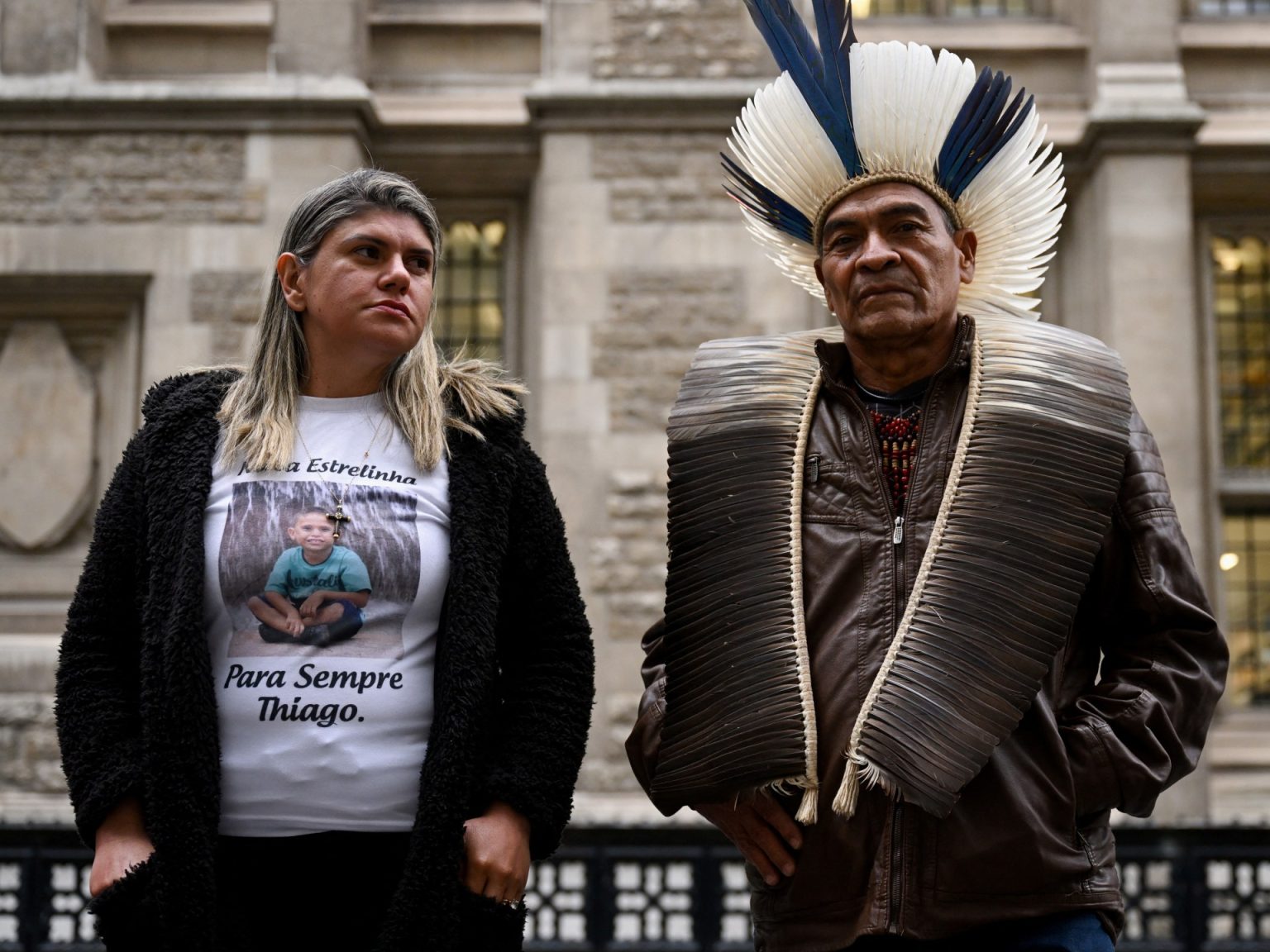The global mining giant BHP is facing potential damages payouts of billions of dollars over Brazil’s worst environmental disaster, the collapse of the Mariana dam in 2015. The dam collapse released toxic iron ore sludge into the Rio Doce, killing at least 19 people and devastating the ecosystem. The lawsuit seeks $47 billion in damages, making it the largest environmental payout ever. The dam was operated by Samarco, in which BHP is a shareholder, and the toxic waste caused extensive damage to the surrounding area.
The lawsuit filed by over 600,000 people demands that BHP pay adequate damages to the victims affected by the disaster. Internal documents from Samarco showed that the company was aware of the risks associated with a potential dam collapse before the incident occurred. BHP owns 50 percent of Samarco, which operated the mine where the dam rupture happened. Class-action lawsuits are common in cases of environmental damage, where a group represents multiple victims who have suffered harm.
BHP and Vale negotiated a settlement with authorities in Brazil after the disaster, leading to the establishment of the Renova Foundation for reparation efforts. The Guardian reported that a civil case was filed in a Brazilian court initially, but due to slow progress and concerns over compensation adequacy, the victims pursued the lawsuit in a London court. BHP’s legal entities were based in the UK at the time, providing a basis for the case to be filed there. BHP has argued that they did not own or operate the dam and had limited knowledge of its stability.
The legal case has seen various rulings and delays, with the most recent developments in 2022 and 2023. The High Court dismissed the case initially, stating it was an abuse of court processes, but the appeals court later granted permission to appeal to avoid injustice. The appeals court ruled in July 2022 that English courts had jurisdiction to hear the case due to inadequate compensation in Brazil. The trial was set to begin in April 2024, but BHP requested a postponement, which was partially granted until October 2024.
The lawsuit has continued to grow, with more people and organizations joining the plaintiffs, indicating the widespread impact of the disaster. The hearing in the much-delayed case finally began in October 2024 after multiple legal challenges and delays. The case represents a significant test of corporate accountability for environmental disasters and could set a precedent for future cases involving multinational corporations and their responsibilities in the aftermath of such incidents. The outcome of the lawsuit could have far-reaching implications for the mining industry and environmental protection efforts globally.


